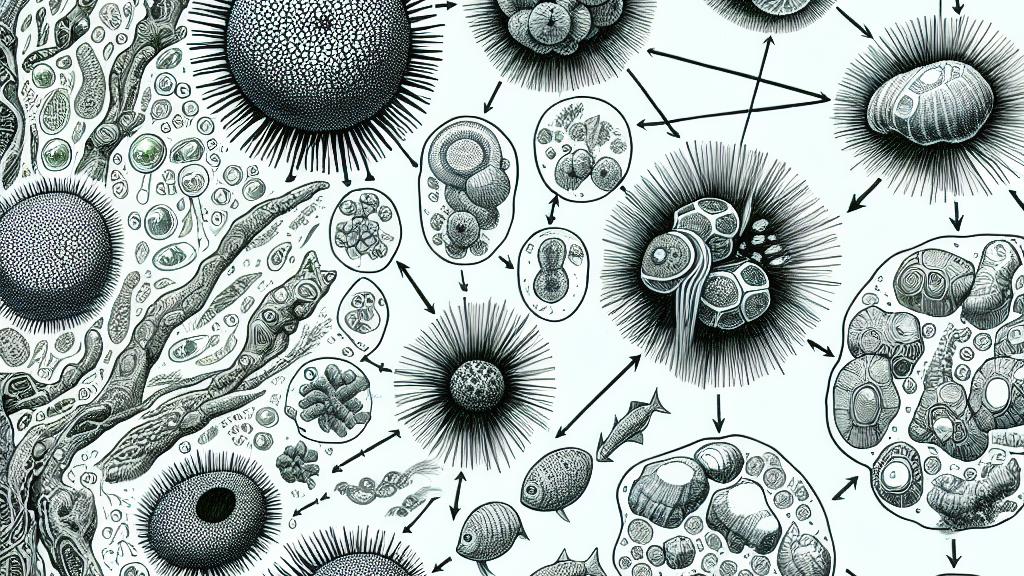Unveiling Cellular Secrets: The Evolutionary Journey of Mitosis Revealed!
Overview
- Explores the intricate evolution of mitosis in animal relatives.
- Highlights the essential role of data availability in advancing scientific research.
- Provides detailed best practices for ensuring effective data management in biology.

Mitosis: A Key Evolutionary Process
In Germany, a pivotal study published in *Nature* addresses the evolution of mitosis, the cellular division process vital for life. This research uncovers that mitosis varies among close relatives of animals, showcasing how environmental adaptations influence this fundamental biological mechanism. For instance, species like sea urchins exhibit unique mitotic structures that enhance their reproductive success in aquatic environments, providing insights into the evolutionary strategies that have aided their survival over millennia. By comparing these variations across species, scientists can glean how multicellular organisms developed complex life forms and intricate cellular behaviors. This study not only sheds light on evolutionary pathways but also serves to underline the adaptive significance of mitotic processes across the tree of life.
The Imperative of Data Availability in Research
Data availability stands as a cornerstone of credible scientific research, particularly in fields like evolutionary biology and cell science. This principle is crucial for fostering reproducibility, a prerequisite for scientific validation, allowing researchers to build upon one another's findings. Accessible datasets, such as those provided by the European Bioinformatics Institute, enable scientists worldwide to validate, replicate, and challenge existing studies, fostering an innovative research environment. For example, collaborative projects utilizing shared datasets have streamlined investigations into the genetic mechanisms underpinning mitosis, leading to unexpected discoveries that bridge gaps in our understanding. The shift towards open data not only enhances transparency but also drives scientific progress, emphasizing the interconnected nature of contemporary research efforts.
Best Practices for Enhancing Data Management in Biological Research
To maximize data availability and reliability, researchers are encouraged to implement best practices in data management. First, establishing redundancy—having multiple copies of critical datasets stored across various platforms—ensures protection against potential loss from system failures. Furthermore, automating failover systems can significantly mitigate the risks associated with data inaccessibility, allowing for uninterrupted workflow when primary systems experience outages. An illustrative case involves utilizing cloud storage solutions that automatically switch to backups during disruptions. Additionally, it is vital to design research infrastructures with a focus on eliminating single points of failure; diversifying server locations and data transmission paths can safeguard against widespread data loss. By employing these strategies, researchers can significantly strengthen the reliability of their data management processes, ensuring that critical scientific inquiries continue uninhibited through robust infrastructure.

Loading...